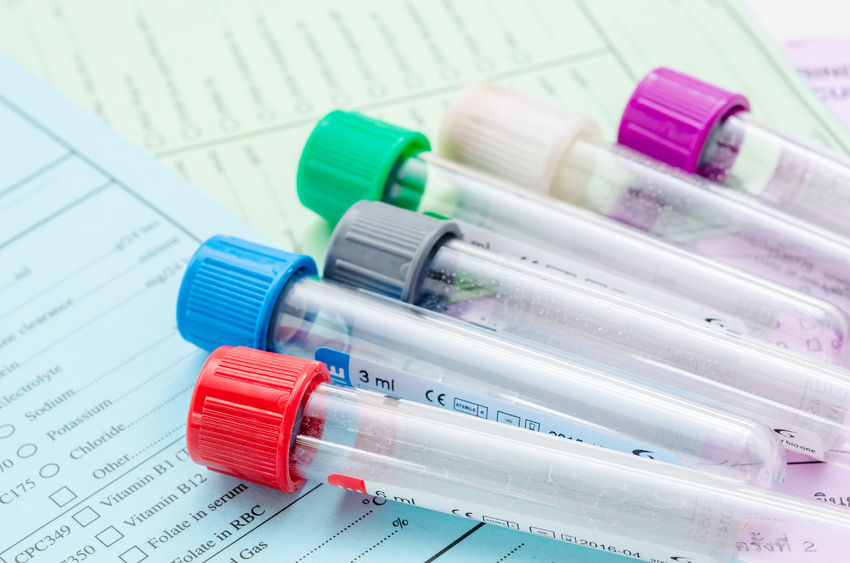
It is often believed that osteoarthritis cannot be detected in its earliest stages, but a recent study has shown that a new blood test may be able to do just that. Osteoarthritis is a joint disease that causes cartilage to break down, inflicting pain, swelling, and problems with joint movement in millions of individuals throughout the country. Not only is there a test that can detect the early stages of this disease, but the test is also able to distinguish osteoarthritis from rheumatoid arthritis by classifying the type of arthritis an individual has.
By 2030, it is estimated that 20% of Americans will have surpassed their 65th birthday and be at increased risk for osteoarthritis. Yet, because of this new test, orthopedic specialists can intervene earlier in the disease’s progression, preventing millions of patients from experiencing the pain and suffering associated with osteoarthritis.
The blood test searches for chemical patterns within the joint proteins, or amino acids, that have been damaged in any way. The combinations of changes in these amino acids are what have allowed for the early-stage detection and classification of arthritis. Though researchers have known that protein damage is an indication of osteoarthritis, this is the first study conducted to enable early-stage detection and diagnosis. A blood test can be used by measuring the pieces of damaged proteins that seep into the blood from the joint.
This new blood test, which can help an orthopedic specialist with early diagnosis and treatment, should be available within two years. Compared with other techniques that attempt to detect early stages of osteoarthritis, a blood test is less costly, less time-consuming, and more efficient. By detecting this disease early, future physical anguish can be avoided, and more patients can enjoy fulfilling lives without the debilitating effects of osteoarthritis.
To learn more about osteoarthritis and your risk for developing the condition, schedule an appointment with a specialist at AOSMI today!







